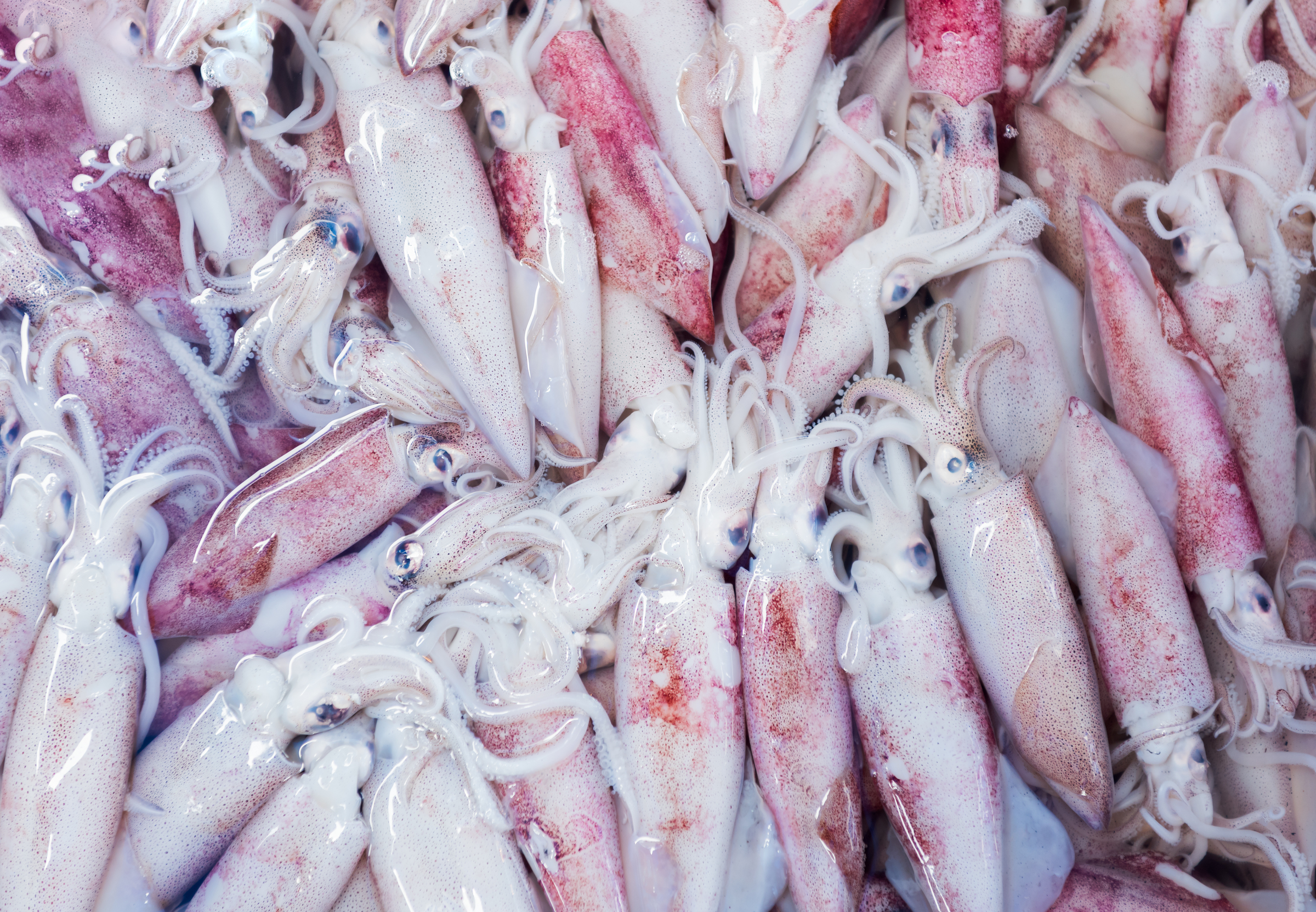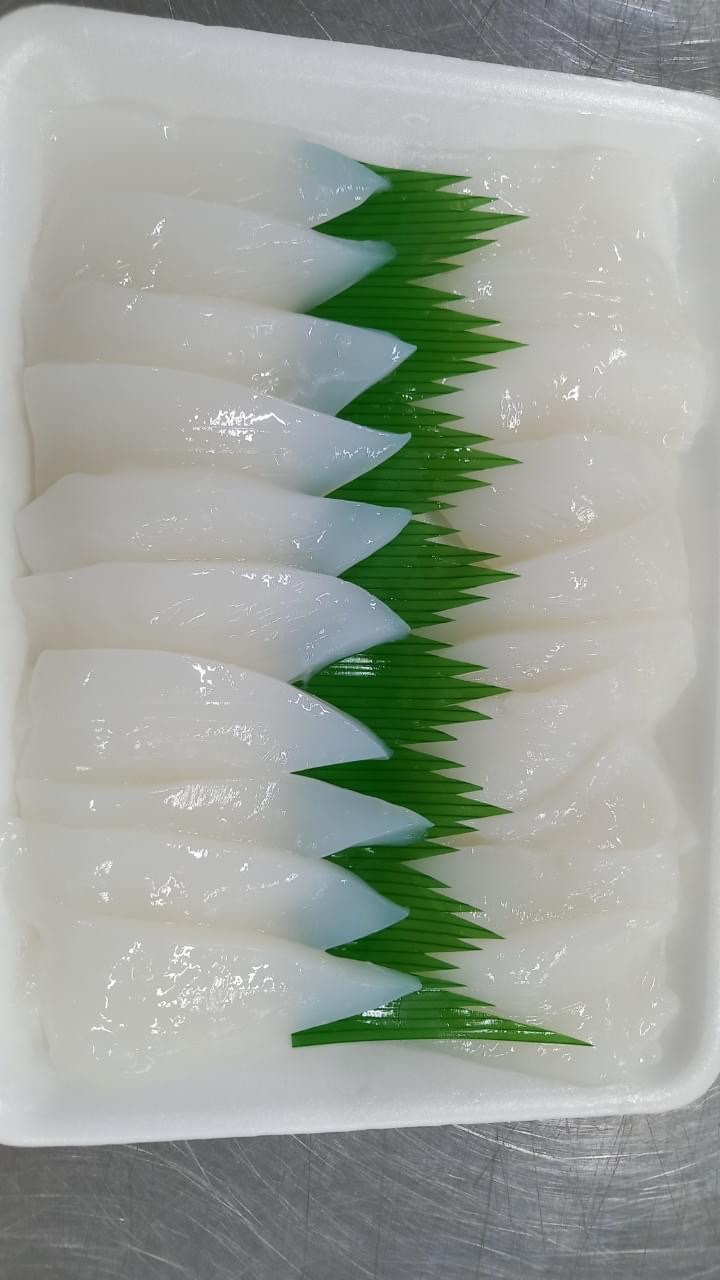Squid: The Versatile Cephalopod
Squid, belonging to the cephalopod family, are fascinating creatures found in oceans around the world. With their elongated bodies, large eyes, and tentacles, squids are well-adapted for life in the deep sea. They are known for their exceptional swimming abilities, using a unique propulsion system to dart through the water with agility.
One of the most intriguing features of squid is their ability to change color and texture. This remarkable skill is due to specialized cells called chromatophores, which allow them to communicate, camouflage, and display emotions. Their impressive adaptability makes them intriguing subjects for scientific study.
Culinary-wise, squid is a popular seafood delicacy enjoyed in various cuisines. From tender calamari rings to rich seafood pasta, squid can be prepared in numerous ways, offering a delightful taste and texture. Grilled, fried, or stuffed, squid dishes are beloved for their versatility and flavor.
Squid also play a vital role in marine ecosystems, serving as both predator and prey. They are key players in the food web, helping to maintain the balance of marine life. However, overfishing and environmental changes threaten some squid populations, underscoring the importance of sustainable fishing practices.
With their captivating biology and culinary appeal, squid are more than just a seafood choice; they represent the rich diversity of ocean life and the importance of preserving our marine ecosystems. Whether in the ocean or on your plate, squid continue to inspire wonder and delight.

 Skip to content
Skip to content



















Reviews
There are no reviews yet.